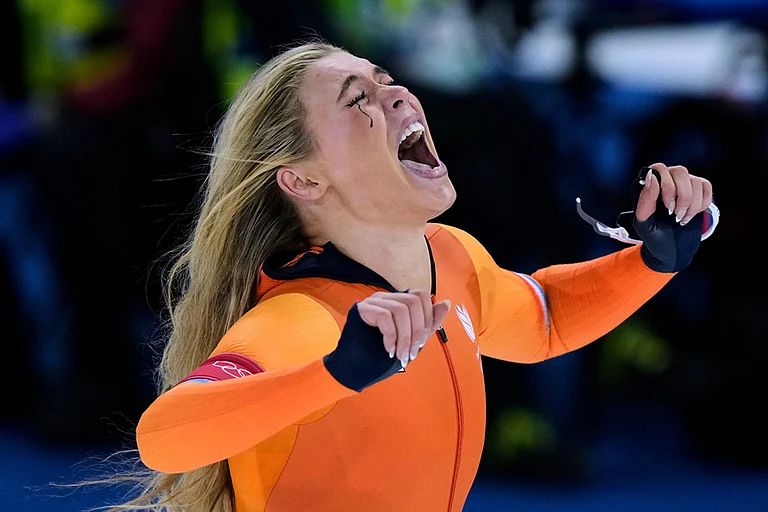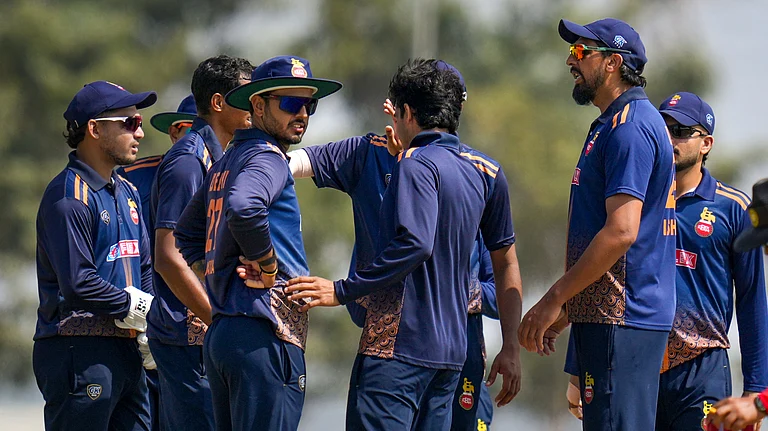US Vice President Kamala Harris has been declared the Democratic Party's nominee for the 2024 US presidential election. Harris, 59, who is of Indian and African heritage, secured enough votes from Democratic delegates in a virtual roll call.
She will face Republican candidate and former President Donald Trump, 78, in the general election on November 5.
"I am honoured to be the Democratic nominee for President of the United States. I will officially accept the nomination next week. This campaign is about people coming together, fuelled by love of country, to fight for the best of who we are,” Harris said.
Harris became the first woman of colour to be nominated for president by a major American political party. She is also the first Indian American to be nominated as a presidential candidate by either the Democratic or Republican parties.
“I am so proud to confirm that Vice President Harris has earned more than a majority of votes from all convention delegates and will be the nominee of the Democratic Party following the close of voting,” Democratic National Committee chair Jaime Harrison said.
Harris’ mother, Shyamala Gopalan, was Indian and her father, Donald Jasper Harris, is Jamaican. Both immigrated to the US.
Over the next few days, Harris is likely to announce her running mate.
“We love our country. We believe in the promise of America, and that's what this campaign is about. Of course, I will officially accept your nomination next week, once the virtual voting period is closed. But already I'm happy to know that we have enough delegates to secure the nomination," she said.
Harris said this campaign is “about all of us coming together, people coming together from every walk of life, every lived experience, and being renewed by our love of country, knowing that we are prepared to fight for the best of who we are”.
“The beauty of our democracy is we, each, every one of us, has the power to answer that question, and that is why I say and know the power is with the people," she said.
"We are going to win this election, and it is going to take all of us, whether it is making calls, connecting with our communities, engaging online, or even talking with people where we go every day, whether it be to the grocery store, our church, we are going to talk together,” Harris concluded.



























